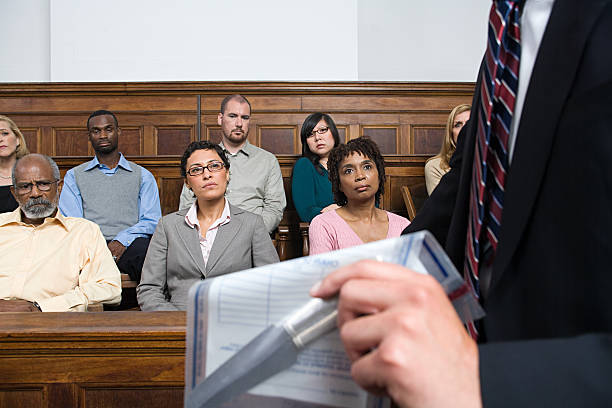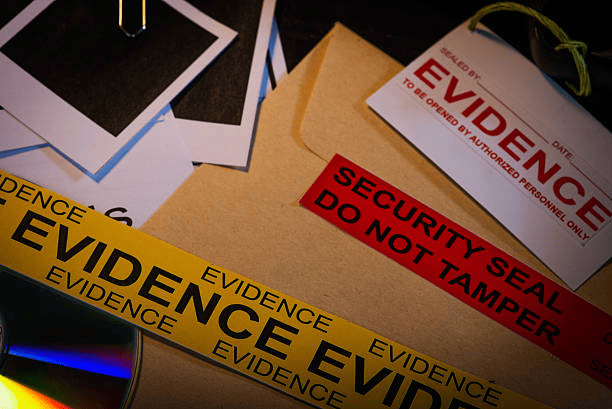The parol evidence rule is applicable in contract law, which helps to interpret the terms of a contract. The objective of the rule is to prevent parties from introducing extrinsic evidence to modify the terms of a written document which contains a complete and exclusive statement of the parties’ intentions.
Generally, a contract and its terms should be understood how the parties intended them to be understood. The intention of the parties in the written document should prevail in case contractual disputes arise in the process of its enforcement.
In Australia, the parol evidence rule applies if the claimant can demonstrate that the finalised written agreement did not reflect the entire contract. However, courts have held that they will not permit earlier or current evidence to supplement or modify the terms of a prior valid agreement that seems to be complete. Moreover, the court has presumed that a written contract contains all of the agreement’s provisions.
In this article, we will discuss the parol evidence rule in detail and how it affects the interpretation of contracts.
What is the Parol Evidence Rule?
The parol evidence rule is a principle of contract law that prohibits the introduction of extrinsic evidence to modify the terms of a written agreement. According to the parol evidence rule, when parties have reduced their complete agreement to writing, the terms of the written agreement are presumed to constitute the entire agreement between the parties.
This means that parties should exclude extrinsic evidence that varies, contradicts or adds to the terms of the written agreement.
In Codelfa Construction Pty Ltd V State Rail Authority (NSW) (1982) 149 CLR 337, the High Court ruled that the admission of extrinsic evidence is valid. Judge Mason emphasised that “the true parol evidence rule is that evidence of surrounding circumstances is admissible to assist in interpreting the contract if the language is ambiguous or susceptible to more than one meaning.”
However, when the contract wording is precise in what it means, it is unacceptable to disagree with it. The contract itself takes precedence over the intention of the parties.

Purpose of the Parol Evidence Rule
The parol evidence rule has a four-fold purpose.
- It aims to stop parties from fraudulently adding elements not agreed upon into a contract to the detriment of other contract parties.
- It helps to ensure that contracts are clear, definite, and final.
- It allows parties to confidently rely on the written agreement as the complete expression of their agreement.
- It helps prevent other forms of misconduct.
Without the rule, parties could attempt to use extrinsic parol evidence to add excluded terms to a contract or to alter the terms of the agreement after the fact. This could lead to confusion, disputes, and unfair outcomes.
However, extrinsic evidence can be utilised to prove that a collateral agreement is existing. This agreement is a separate agreement in addition to the original written contract which can be considered by the court if it does not contradict the terms of the contract being litigated.
Overall, the purpose of the parol evidence rule is to promote the integrity and finality of written contracts by limiting the use of extrinsic evidence to interpret or modify those contracts.
Application of the Rule
The Parol Evidence Rule also applies to situations where parties have executed a written contract but have not included all of the agreed-upon terms in the written contract. In such cases, parties cannot introduce new evidence to prove the existence of additional terms not included in the written contract.
Exceptions to the Parol Evidence Rule
While the Parol Evidence Rule generally prohibits the introduction of extrinsic evidence to modify the terms of a written agreement, there are some exceptions to this rule.
Ambiguity
If the terms of a contract are ambiguous, the parties may introduce new evidence to clarify the meaning of the terms. Here, if the contract uses technical terms that are not commonly understandable, parties may present evidence to prove the meaning of those terms.
Mistake
If there is a mistake in the written contract, the parties may introduce evidence to prove the mistake’s existence. They can also show what the parties intended to include in the contract.
For example, consider a partly written contract that includes the wrong price for a product. In this case, parties may be allowed to introduce extrinsic evidence to prove the correct price.
Fraud
If a party can prove that the other party induced them to enter into the contract by making fraudulent misrepresentations, extrinsic evidence may be allowed to prove the fraud.
For example, suppose a party can prove that the other party made false statements to induce them to enter into the contract. In that case, extrinsic evidence may be allowed to verify the inaccurate information.

Seeking the Advice of a Contract Lawyer
Contract lawyers can help clients in the entire process of their contractual transactions, such as:
Drafting comprehensive contracts that clearly and unambiguously express the parties’ intentions.
By doing so, lawyers can minimise the risk of disputes arising, and minimise the need for extrinsic evidence to interpret the contract.
Advising on parol evidence.
Lawyers can also advise their clients on extrinsic evidence that may be admissible under the parol evidence rule in case of a dispute.
Negotiating settlements in cases where there is already dispute and consideration of extrinsic evidence.
By doing so, lawyers can help their clients avoid the uncertainties and expenses associated with trial. They can also potentially reach a satisfactory outcome.
The parol evidence rule is an essential principle of contract law that belongs to the common law tradition. It prevents parties from introducing extrinsic evidence to modify the terms of a written agreement.
While there are a few exceptions to the rule, it is generally vital for parties to ensure that the final agreement is in writing. Moreover, they must ensure that the writing reflects their intentions accurately. Seeking legal advice from a contract lawyer is crucial when understanding and preparing contracts for your business transactions.
Our Contract Lawyers at JB Solicitors Can Help
Parties should ensure that they understand the terms of the written agreement before signing it. This is because the parol evidence rule may prevent them from introducing extrinsic evidence to modify the terms of the final agreement later on.
JB Solicitors has a team of competent attorneys. They will dedicate their time and expertise for:
- preparing,
- evaluating, and
- reviewing contracts that would reflect the final expression of the parties’ intents.
They can also look into other concerns for clients. While receiving the finest legal assistance, our fixed rates can help you estimate the costs of our services.
Contact a contract lawyer today.
